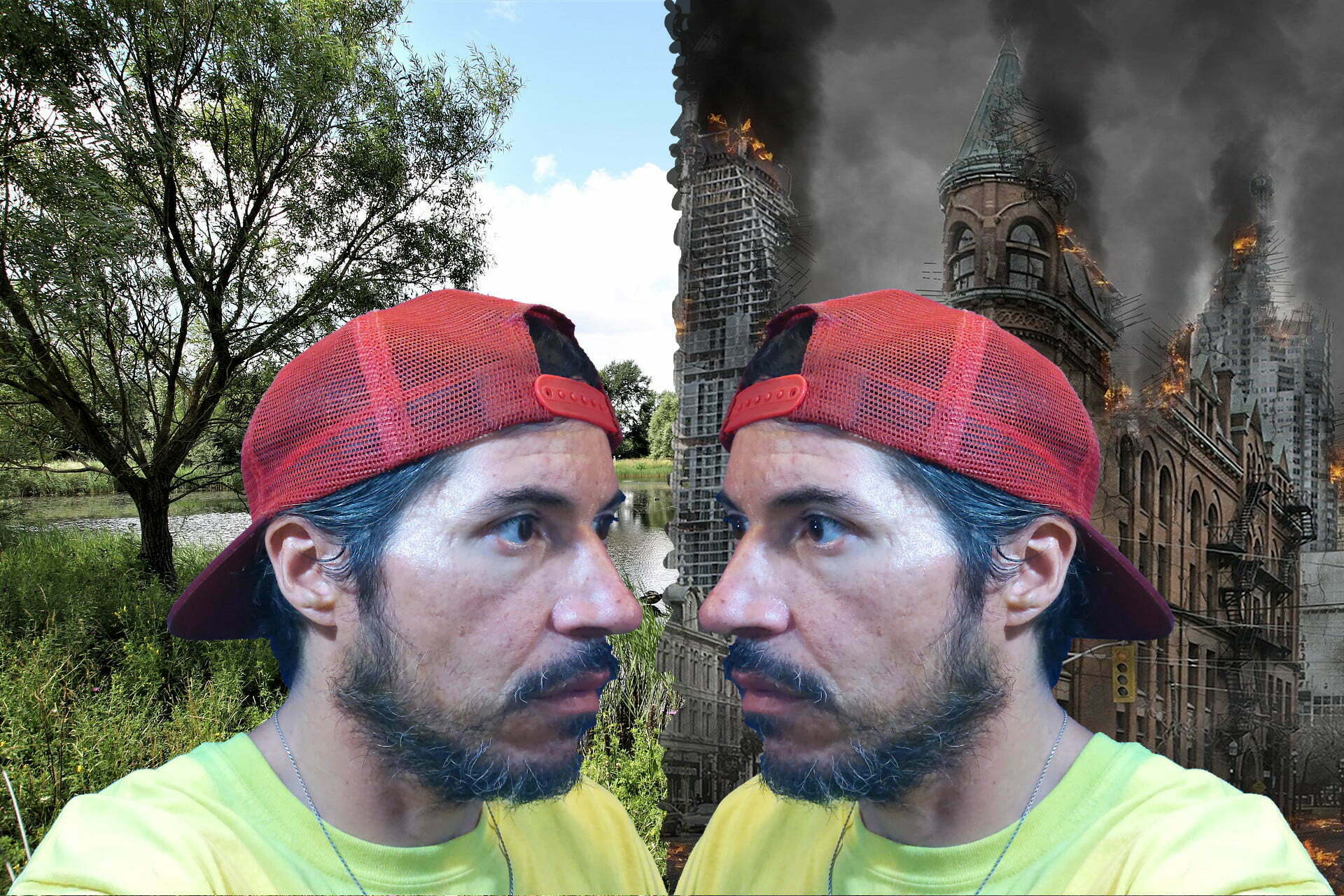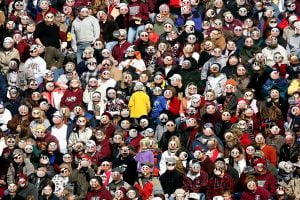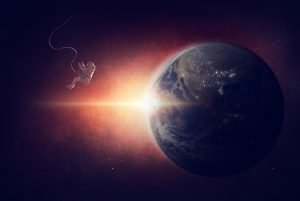There is darkness within us all
We are not entirely internally bio-luminescent
So, the darkness within is physical
At least in part
Can we see this darkness within ourselves
With our own eyes
The way we see pitch black
In a space devoid of any light source?
When the lids which cover our eyes are closed
Is it the darkness within that we are seeing?
Our eyes look outward away from our bodies
Are the inside of our eyelids mirrors
Reflecting darkness within ourselves?
Is darkness something that can be reflected?
Mirrors reflect light, but do they reflect darkness?
Is it literal darkness we are seeing
In spaces devoid of light or with covered eyes?
Can darkness be seen or is it a lack of seeing?
Are all blind people always “seeing” darkness?
How can we “see” in dreams at night
When the lights are out
And our eyes are covered?
We can physically navigate the world
Fairly easily with eyes that can see objects
So long as those objects reflect light
And there is light to be reflected
But unless we can learn to somehow
See in the dark
It can be much more difficult
To navigate in a dark world
Darkness can be physical, but it also can represent
That which we can’t see
Or cannot understand
Or that which is dangerous or destructive
Often we fear what we cannot see or understand
Or we fear danger and destruction
Darkness is associated with the moral concept of evil
If there is literal darkness within us
Could there be also moral darkness within us?
Could there be an evil within us we cannot see
Or perhaps are afraid to see
And therefore avoid exploring?
There are worlds within our minds and hearts
Are these internal worlds distinct and different?
Our minds are trained through mental contemplation
But how are our hearts trained?
The brain is a stationary muscle
It grows but doesn’t move much
Like a tree
The heart is a muscle that moves constantly
It grows until adulthood
Like a grasshopper
We civilized modern humans like trees
Whether for their utility,
For their form,
For their very being,
Or some combination thereof
But unless we eat grasshoppers
Which a great many of us do not
We do not much appreciate grasshoppers
Some people curse grasshoppers,
Especially farmers and gardeners
Do we love our brains and despise our hearts
The way we love trees and despise grasshoppers?
Why such division among parts of the whole?
What of the intelligence of our minds and hearts?
What of the intelligence of trees and grasshoppers?
Both our minds and hearts have been studied
In many ways, by many people, for many eons
Yet there remains mysteries about them
The same can be said for trees and grasshoppers
Despite the apparent slowness of trees
And the apparent quickness of our minds
Both have pathways for communication
Not only within themselves
But also between one another
Despite the apparent differences in form
Of our hearts and grasshoppers
There is an inspiring clarity of purpose about them
We understand only part of their purpose
Especially from the perspective of the mind
But what of the heart?
What does it mean to understand from the heart?
What is heart intelligence?
It can be difficult to
Fathom heart intelligence with the brain
It also can be said about
Understanding brain-mind intelligence with the heart
It could seem like the two are incompatible
Yet here we are
Living each day with
Both brain-minds and heart-minds
Light and darkness
Brain-mind and heart-mind
Does this mean
The brain or heart
Is light
And the other is dark?
What is light without the darkness?
What is thought without feeling?
If all we know is the light or dark,
Then what value is either?
If all we know is our thoughts or feelings,
Then what point is there in living?
The fullness of being here now
Lies in the exploration of all
All that is seen and unseen
All that is understood and mysterious
All that is inspiring and frightening
All that grows and decays
One day each of us was born
And some day each of us shall die
What shall we do until then and why?





